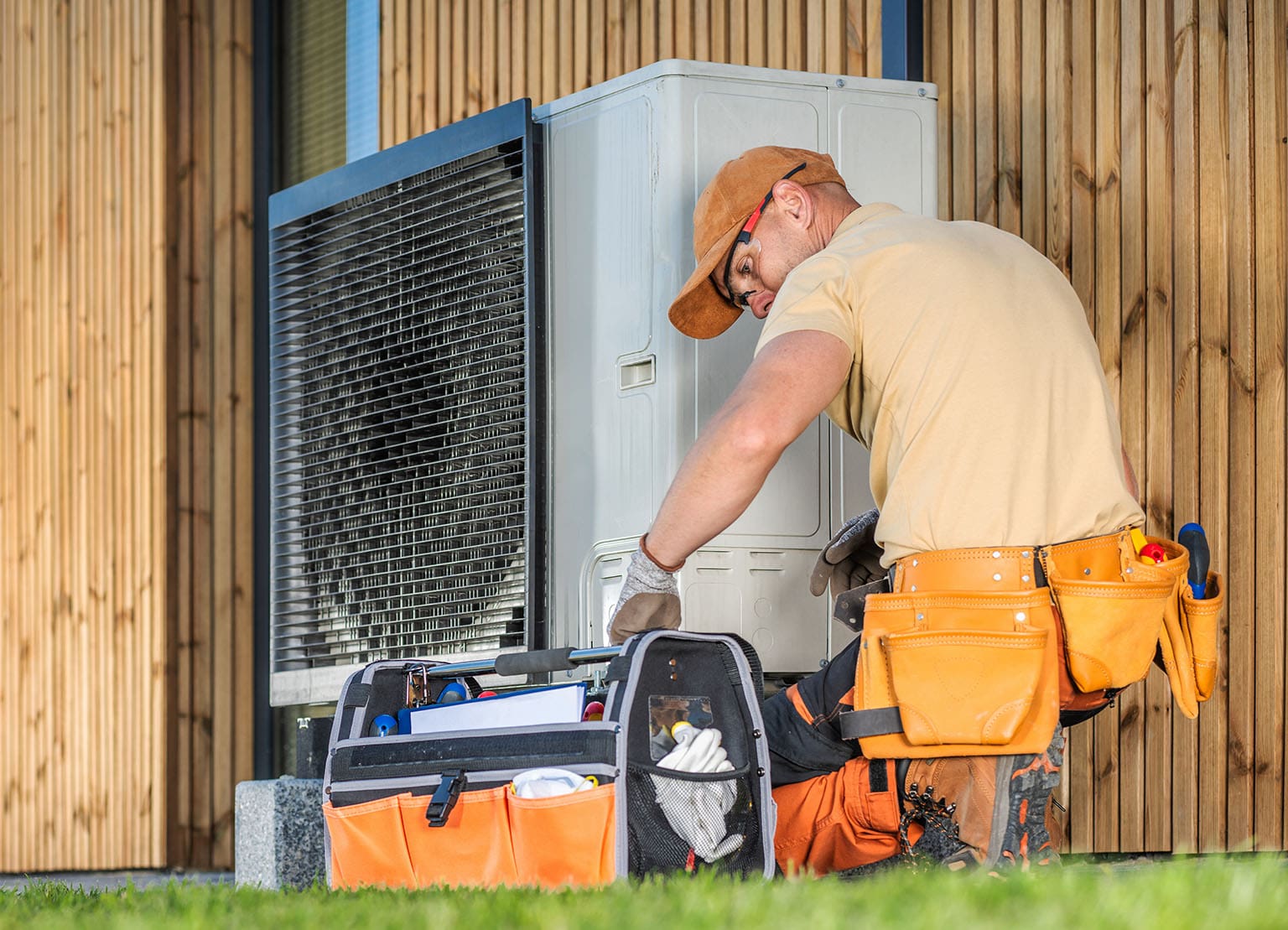What is commercial property insurance, and what does it cover?
Protecting your assets is essential when running a construction business. Your physical buildings, equipment, and tools are vital to staying operational.
That’s where commercial property insurance comes in. This coverage helps ensure your business can recover after unexpected physical damage, offering financial security and preventing or lessening extended downtime.
What is commercial property insurance?
Commercial property insurance protects the physical assets your business owns or rents, such as buildings, equipment, tools, and other structures critical to your operations. When covered incidents like fire, theft, or severe weather cause damage, this policy helps cover repair or replacement costs.
This coverage is essential for construction businesses to have in their insurance portfolio. It helps safeguard expensive or hard-to-replace materials and can be tailored to address specific risks related to construction liability, such as site hazards or high-value equipment.
Who needs commercial property coverage?
Any business with physical assets should consider commercial property insurance, but it’s especially vital for construction companies. Contractors with high-value tools and equipment, or those leasing office spaces, rely on this coverage for protection. Developers and property owners managing portfolios of buildings or commercial spaces also benefit greatly from having this coverage.
Timing of coverage is crucial for newly constructed assets. Commercial property insurance should take effect as soon as the builder’s risk insurance expires to prevent gaps in coverage. For businesses managing multiple properties, purchasing a portfolio-based policy can simultaneously streamline protection and address risks across all assets.
What’s covered (and not covered) by commercial property insurance?
Commercial property insurance typically covers assets vital to your business operations, such as:
- Buildings and structures your business owns or leases
- Construction equipment and tools, including heavy machinery
- Inventory and materials stored on-site or during transit
- Furniture, fixtures, and office equipment housed in your physical workspace
This coverage also extends to financial protections, such as income loss if a fire or other damage renders your building uninhabitable during repairs.
However, it’s just as important to understand what’s not covered. Standard policies typically exclude:
- Employee injuries (covered under workers’ compensation)
- Vehicles used for business operations (covered under commercial auto insurance)
- Natural disasters like floods, earthquakes, or hurricanes — unless added through specific endorsements
- Normal wear and tear or routine maintenance issues
Tailoring your policy also means ensuring all project-related assets are taken into account. For construction businesses, this helps prevent disputes during the claims process and ensures every new project begins on solid ground.
Key endorsements to enhance coverage
Endorsements let you expand your commercial property insurance to address specific risks. These additions offer broader protection tailored to your needs:
- Business interruption insurance: Provides financial support for lost income and operational expenses when a covered incident temporarily halts business activities. This is especially important for contractors who rely on steady workflows.
- Equipment breakdown insurance: Covers the repair or replacement costs for essential equipment that fails due to mechanical or electrical issues. Minimizing downtime is critical for construction companies, so having this endorsement helps ensure rapid repairs or replacements, keeping projects on track and reducing the risk of delays.
- Flood and earthquake insurance: Protects against damage from natural disasters like floods, earthquakes, or hurricanes, which are often excluded from standard policies. This endorsement is vital for businesses in high-risk areas.
- Debris removal insurance: Covers the cost of removing debris after a covered incident, helping you avoid unexpected, and potentially significant out-of-pocket expenses.
Adding these endorsements strengthens your policy, ensuring your business is better prepared for risks that may otherwise leave you exposed.
What is the response after an incident?
When a covered incident damages your property, commercial property insurance helps reduce financial losses. Here’s how the process usually works:
- Report the damage
After a covered incident, notify your insurance provider immediately. Timely reporting initiates the claim process and ensures your losses are documented. Gather detailed information about the incident, such as the time, location, and type of damage.
Photos of the destruction, receipts, and any relevant records, such as weather reports or maintenance logs, can strengthen your claim. Prompt reporting minimizes delays and helps ensure your business can recover faster. - Inspection and assessment
Once the claim is reported, the insurer will send an adjuster to inspect the damage to determine if it falls within the scope of your policy. They will assess the extent of the loss and how much compensation you’re entitled to receive.
Be ready to provide additional documentation, such as invoices for damaged equipment. Clear communication with your insurer during this stage can help avoid disputes and expedite the process. - Receive payment and make repairs
After approval, your insurance provider will issue payment or coordinate repairs, based on your policy’s terms. Depending on your coverage, you might receive reimbursement for actual cash value (the depreciated value of the property) or replacement cost value (covering full replacement expenses).
By understanding each step, you can navigate the claims process more confidently and help ensure your business bounces back quickly.
Our commercial risk advisors can help
At The Baldwin Group, we understand the challenges of managing commercial property risks in the construction industry. Selecting the right insurance policies requires a deep understanding of your business operations, project specifics, and the risks you face.
Our advisors are experts in guiding clients through the intricacies of commercial property insurance. From assessing your coverage needs to recommending endorsements that provide broad protection, we’re here to help. Whether you’re a developer managing a portfolio of assets or a contractor protecting valuable equipment, we simplify the process — giving you the confidence that you’re protected so you can focus on your business.
For more information
We’re ready to help when you are. Get in touch and one of our experienced Baldwin advisors will reach out to have a conversation about your business or individual needs and goals, then make a plan to map your path to the possible.
This document is intended for general information purposes only and should not be construed as advice or opinions on any specific facts or circumstances. The content of this document is made available on an “as is” basis, without warranty of any kind. The Baldwin Insurance Group Holdings, LLC (“The Baldwin Group”), its affiliates, and subsidiaries do not guarantee that this information is, or can be relied on for, compliance with any law or regulation, assurance against preventable losses, or freedom from legal liability. This publication is not intended to be legal, underwriting, or any other type of professional advice. The Baldwin Group does not guarantee any particular outcome and makes no commitment to update any information herein or remove any items that are no longer accurate or complete. Furthermore, The Baldwin Group does not assume any liability to any person or organization for loss or damage caused by or resulting from any reliance placed on that content. Persons requiring advice should always consult an independent adviser.






